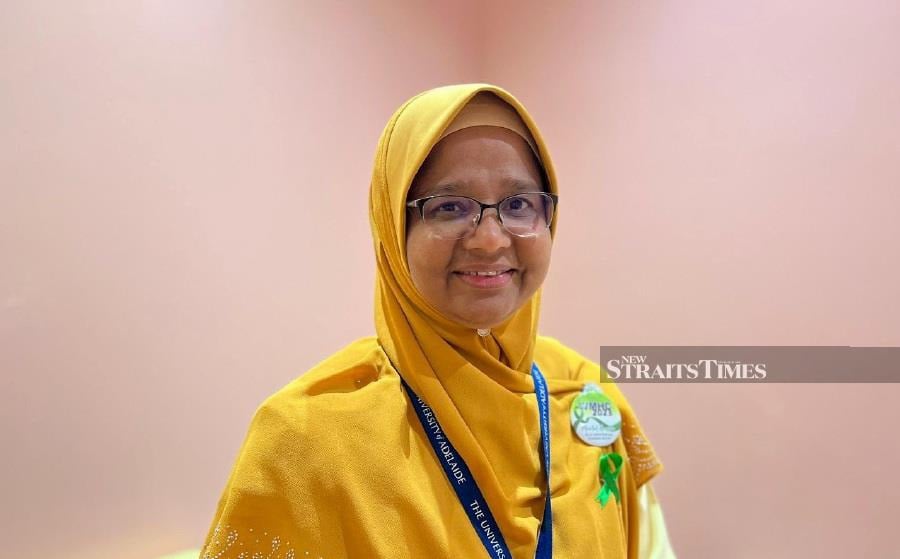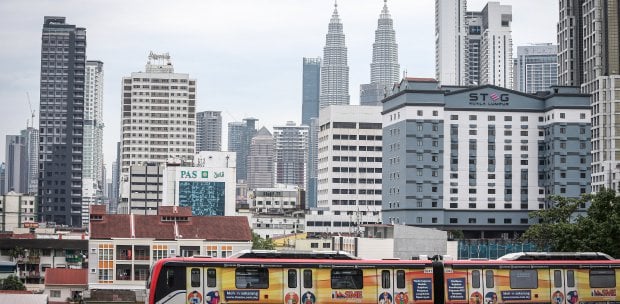SUNGAI PETANI: A hawker who contracted the Covid-19 virus during the lockdown period two years ago felt something was not right with her after she and her husband recovered from the infection.
She felt restless, fearing that she would die if she contracted the virus again. Her anxiety escalated to the extent she forbade her husband from leaving the house for fear that he would get sick again.
After the lockdowns were fully lifted, she could not take her anxiety anymore and decided to pedal her bicycle to the hospital to seek help.
"The hawker is one of the mental health patients that did not seek immediate help during the pandemic. They only sought help after their symptoms prolonged.
"When we studied their background and carried out assessment, it was discovered that their problem had actually started during the lockdown period," said Dr Shamsunnisah Abu Bakar, the head of Psychiatry and Mental Health at Sultan Abdul Halim Hospital (HSAH) here.
"Alhamdulillah, with proper medication she has improved a lot," she said.
Dr Shamsunnisah said the female hawker's case in one of the examples on how the people were more open to undergoing psychiatric evaluation and help.
"While the trend of mental illness during the pandemic has generally eased, we are seeing those who did not seek treatment before this coming forward to get help.
"Besides housewives, students are among those who have sought help because they felt pressured, their performance dipped after having to undergo online classes during the lockdown," she said.
Dr Shamsunnisah said in most cases, the patients in the mild and moderate stage of mental illness could be treated through simple intervention such as talking therapy, while in severe cases, they would require medication.
She stressed that the most important aspect for these patients was support from family members and those in their close circle, followed by the community.
"It is important for the family to identify the changes on their loved ones.
"Lend your ears and show empathy, don't judge them and don't be assertive, thinking that the illness will go away by itself.
"Not all mental illness patients are willing to get treatment, but in most cases, they eventually agree to undergo treatment with strong support from the family," she said.
She added that it was important for mental illness patients to get proper treatment and return to the society, instead of being isolated.
"It is important for us to rebuild their confidence and return to their function in the family and society, as they should not be living in isolation," she said.
Dr Shamsunnisah was met at the HSAH-level World Mental Health and Suicide Prevention Day 2023, themed 'Mental Health is Universal Human Right' today.
The event was opened by the state Health Department deputy director Dr Farique Rizal Abdul Hamid. Also present was HASH director Dr Mithali Abdullah.





